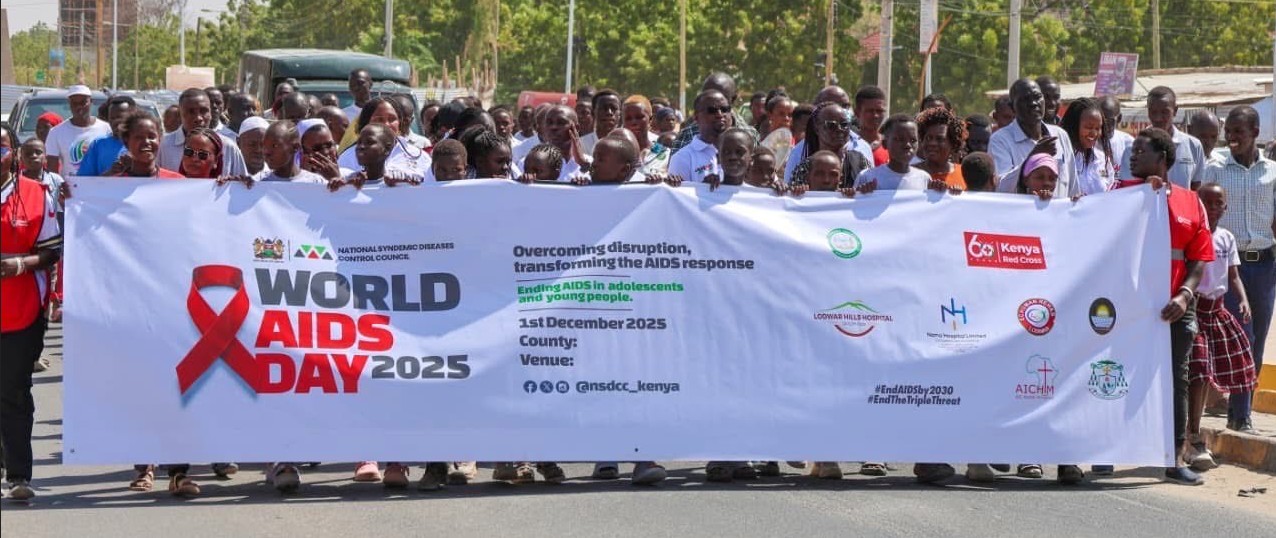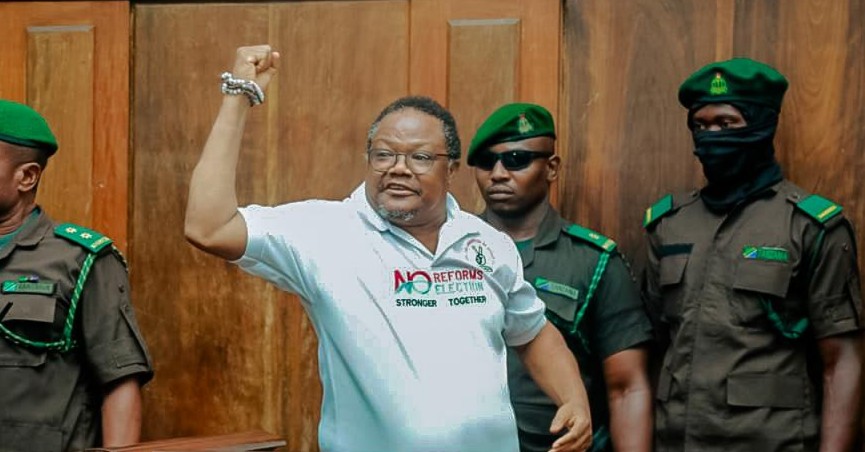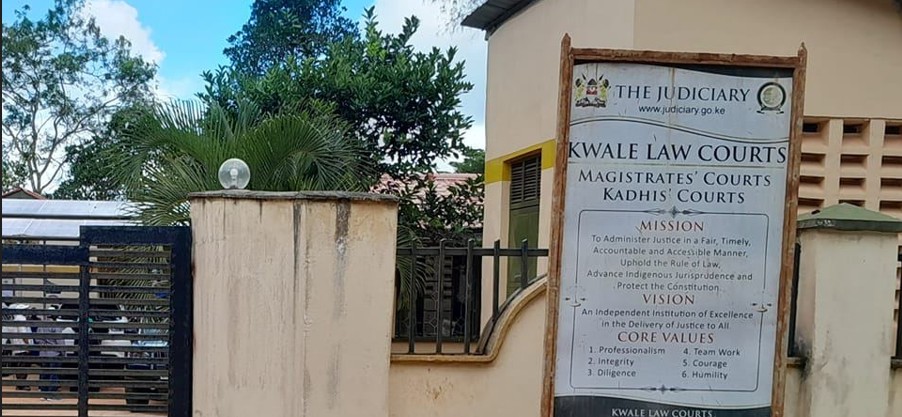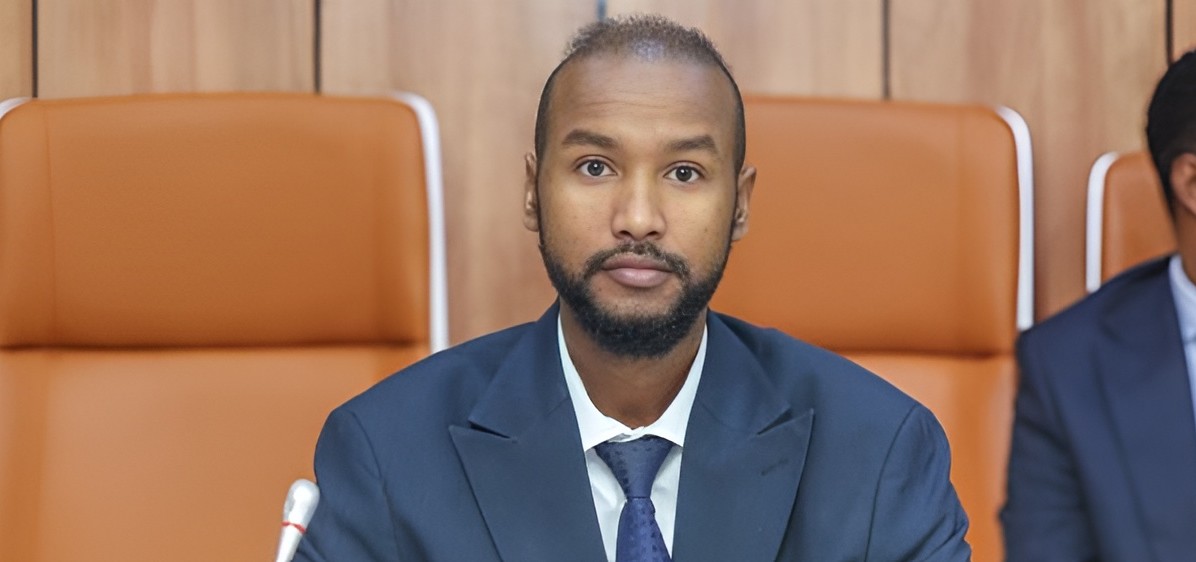Government unveils reforms for Junior Secondary Schools amid staffing, infrastructure concerns
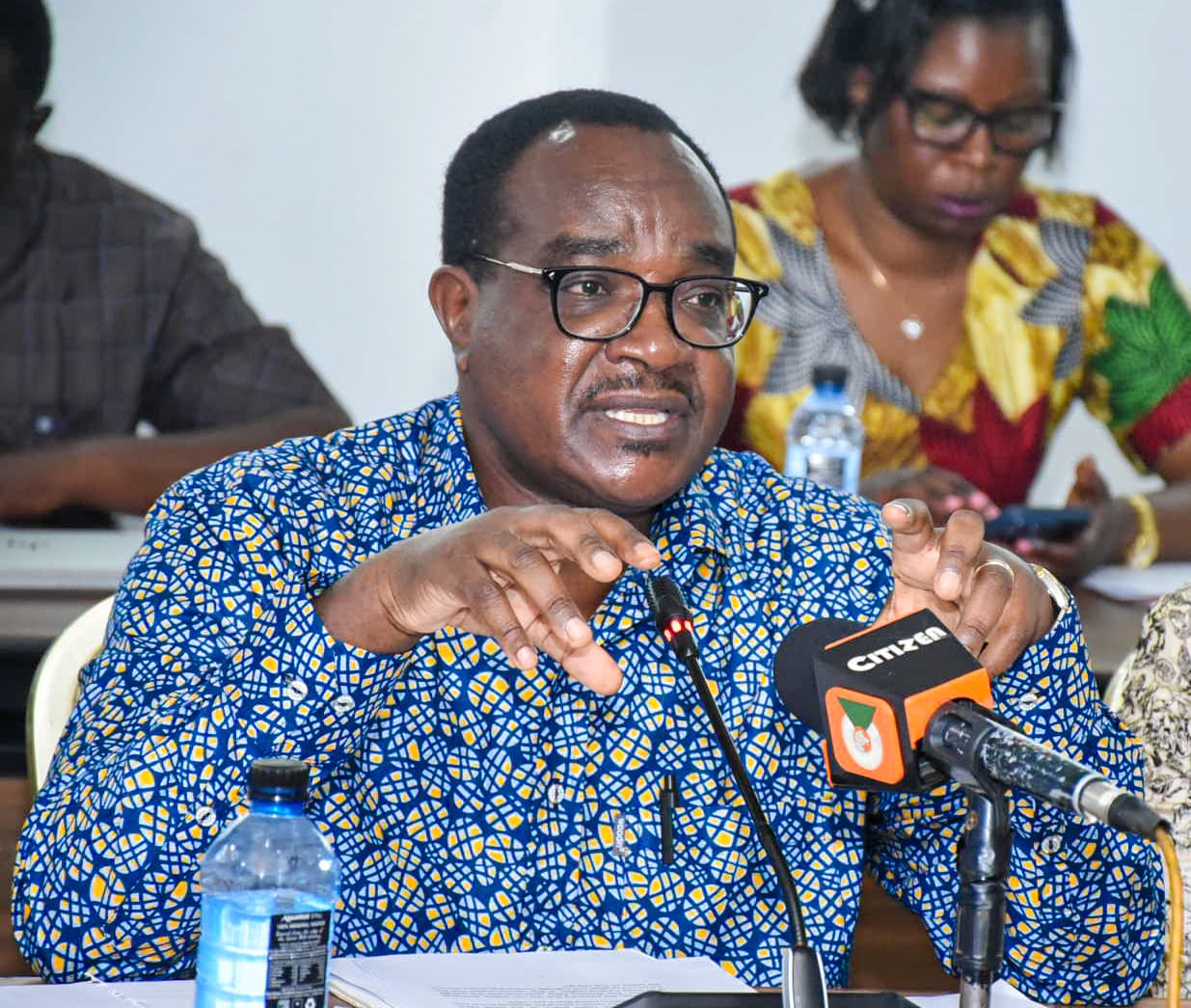
Education Cabinet Secretary Julius Migos Ogamba said the reforms are aimed at strengthening independence, addressing staffing shortages and refining the structural framework of JSS.
The Government has announced fresh plans to reform Junior Secondary Schools (JSS) in response to concerns over staffing, infrastructure and curriculum gaps that have troubled the new education tier since its rollout.
Appearing before the Senate on Wednesday, Education Cabinet Secretary Julius Migos Ogamba said the reforms are aimed at strengthening independence, addressing staffing shortages and refining the structural framework of JSS.
More To Read
- Over 30,000 teachers set for senior school curriculum training ahead of 2026 transition
- Ruto announces recruitment of 24,000 more teachers by January to ease national shortage
- TSC urged to review junior secondary teacher management amid curriculum concerns
- World Teachers’ Day 2025: UNESCO warns poor support systems are driving teachers out of the profession
- Sh7.9 billion at centre of prolonged gov't–lecturers standoff as students warn of joining strike
- CBE transition at risk as specialized teacher gaps widen
“The process of reforming Junior Secondary to respond to any emerging concerns is in progress. At the appropriate time, Parliament will be presented with proposals for its consideration,” Ogamba said.
He explained that although JSS is currently being run in line with recommendations of the Presidential Working Party on Education Reforms, consultations were ongoing with stakeholders to ensure inclusivity.
Ogamba was responding to Murang’a Senator Joe Nyutu, who sought clarity on reports that some JSS teachers were being forced to teach subjects outside their areas of expertise.
The CS admitted that the competency-based curriculum introduced new learning areas that did not always match teachers’ training. However, he assured senators that interventions had been put in place.
“All teachers in Junior School have undergone retooling to fully equip them with the necessary pedagogical skills to handle the new curriculum. The retooling exercise covered both pedagogy and content in all learning areas,” he said.
Ogamba added that priority recruitment had been directed towards critical subjects.
“In the latest recruitment drives, teachers of sciences, mathematics and technical subjects were given priority to address the shortages in those key areas,” he said.
Senators also raised questions over inadequate facilities in JSS, especially laboratories and workshops.
Ogamba acknowledged the gaps but said the Government had made “significant efforts” to improve learning environments, including building 23,000 classrooms.
“Currently, schools without dedicated laboratories have designated rooms equipped to support practical components. We have instructed Junior Schools to use their infrastructure repair, maintenance and improvement allocation to establish laboratories. This allocation provides Sh4,000 per learner annually,” he said.
Tharaka Nithi Senator Mwenda Gataya pressed the Ministry on whether it was relying too heavily on the National Government Constituencies Development Fund (NG-CDF) for infrastructure.
Ogamba said multiple channels were being explored, including direct budget allocations and partnerships with international agencies.
“We are securing targeted budgetary allocations for infrastructure development, mobilising resources from development partners such as the World Bank and the Global Partnership for Education and collaborating with entities like the Kuwaiti Fund and the Safaricom Foundation,” he said.
He further noted that the Ministry was encouraging alumni-led initiatives to improve facilities.
“Such community-driven efforts foster a sense of ownership and responsibility in improving educational facilities,” Ogamba said.
In response to Bomet Senator Wakili Sigei, Ogamba confirmed that major projects at Bomet University College were nearly complete, including the Library Block, Kitchen, Hostels and lecture halls.
“Most of these projects are now over 90 per cent complete and once finalised, they will significantly improve the learning environment for University students,” he said.
Kilifi Senator Stewart Madzayo asked about the high rate of school dropouts among girls in the county. Ogamba admitted the situation was “dire,” attributing it to poverty, teenage pregnancies and cultural practices.
“According to the National Council for Population and Development, cases of teenage pregnancies in Kilifi stood at 9,578 in 2019. Cultural practices such as disco matanga, drug and alcohol abuse and widespread poverty have made many girls especially vulnerable,” he said.
But senators criticised the Ministry for failing to act decisively against the sexual exploitation of minors.
Nairobi Senator Edwin Sifuna said the Ministry could not simply push responsibility to the Office of the Director of Public Prosecutions (ODPP).
“The Ministry of Education is the custodian of our children. Knowing what happens in some of these areas, you might not get a complainant; our expectation is that the Ministry is the complainant. The Ministry has figures, 6,000 teenage pregnancies in Kilifi County; they are the custodians of the data of the victims, so for the CS to refer us to the DPP is disingenuous,” Sifuna said.
“They should actually be the complainants in these cases. The Minister is trying to run away from this. If they have the data of the victims, how can they not have data of the perpetrators?”
Other senators echoed his sentiments, demanding that the Ministry take a more proactive role in protecting learners.
Despite the sharp exchanges, Ogamba reassured the Senate that the Government was committed to tackling the challenges facing JSS and the wider education sector.
He stressed that reforms would be guided by evidence, consultation and the principle of providing every child with quality education.
Top Stories Today





